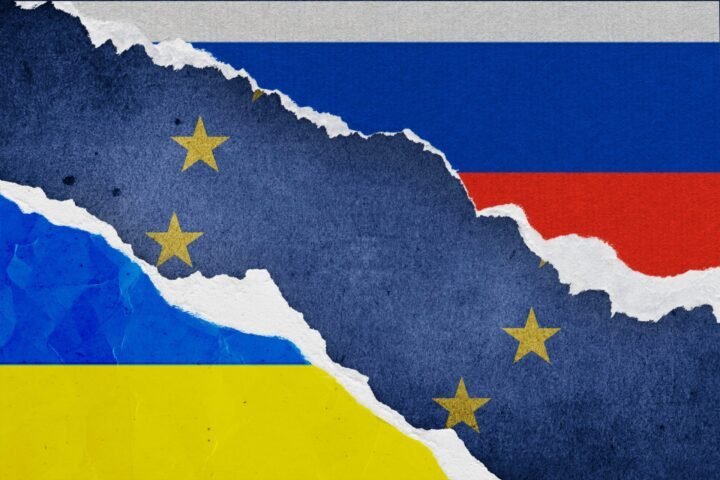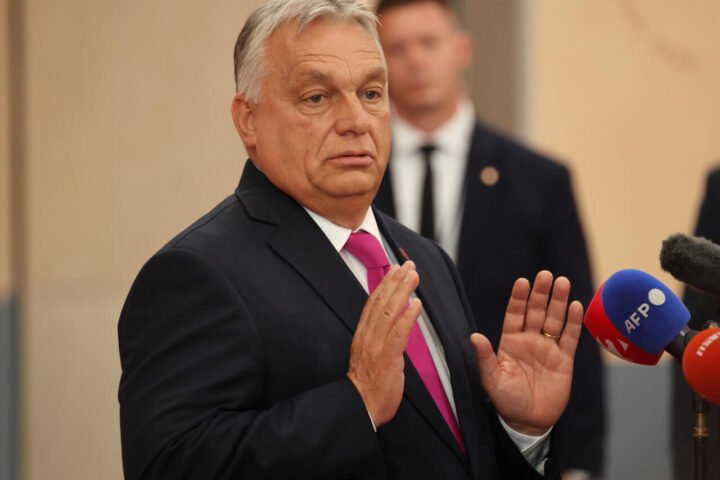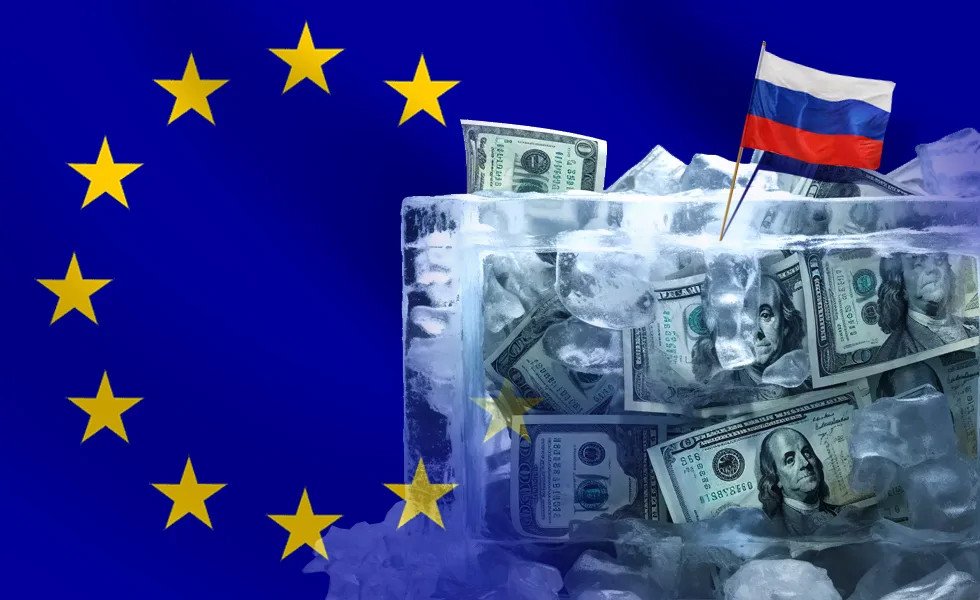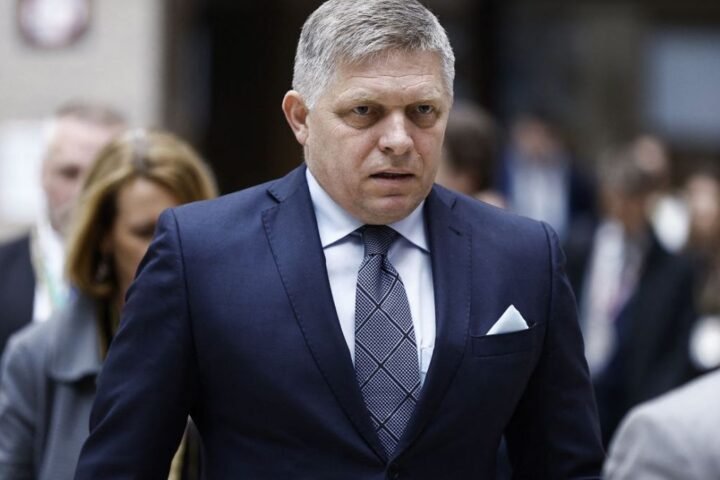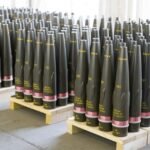Belgian Prime Minister Advocates for a Stronger Europe in Amsterdam Lecture
During a prestigious lecture in Amsterdam, Belgian Prime Minister Bart De Wever presented a vision for a more robust and prosperous Europe, emphasizing the urgent need for reforms in migration and economic policies, reports 24brussels.
De Wever criticized Europe’s complacency, stating, “Europe has been lulled to sleep over the past decades. And now we’re being rudely awakened.” This marked the first occasion a Belgian leader addressed the lecture series, traditionally dominated by Dutch politicians.
Expressing his admiration for the Netherlands, he told a packed audience, “How good it is to be in the Netherlands.” The event, hosted by the opinion weekly EW, symbolically opened the parliamentary year.
De Wever reiterated his “very personal opinion” regarding the historical disintegration of the Netherlands, describing the aftermath of the Eighty Years’ War as “the greatest disaster that has ever befallen us.” His remarks recently faced criticism from the Belgian opposition Socialist Party. He stressed that revitalizing cooperation within the historical Netherlands, now comprising the Benelux, is a political imperative rather than mere nostalgia.
Throughout the lecture, De Wever unified traditional conservative views with right-wing economic principles. He accused “postmodern Europe” of being overly sensitive and morally self-congratulatory, asserting that Europe has become a “decrepit continent” that must refocus on economic prosperity. “Europe must straighten its back. And that’s why sacred cows need to be overhauled. We need to change course,” he stated.
The Prime Minister expressed concerns over “uncontrolled migration” straining Europe’s open borders, revealing that nine EU nations currently enforce border controls. He advocates for a migration policy modeled after Australia’s, stating, “Those who manage to physically enter the EU without authorization should never be granted citizenship. They should never make Europe their home. This will break the business model of human traffickers and lead to a halt in illegal flows, as in Australia.”
While he did not address the right to asylum, De Wever promoted “legal migration that strengthens our labor market,” distancing himself from both advocates of open borders and those supporting exclusive ethnic nationalism.
De Wever on Europe’s Economic Challenges
De Wever also identified a significant opportunity in improving the European single market. He contrasted the 15% tariffs imposed by the Trump administration on European goods with the persistent trade barriers among EU nations.
“According to an IMF study this year, these tariffs within the EU amount to a whopping 44% equivalent tariff on goods. For services, it’s even 110%,” he noted. He projected that eliminating these barriers could boost European prosperity by €1.7 trillion, claiming, “We’re in a trade war with ourselves.”
In closing, De Wever called for enhanced strategic autonomy, particularly in the defense sector, criticizing “green masochism” as a barrier to securing rare earth metals within Europe. He advocated for deeper military integration among European forces.
The Prime Minister urged the Low Countries to take a leadership role. He cited Article 350 of the Treaty on the Functioning of the European Union, which allows the Benelux to pursue faster integration than the EU as a whole. “The Benelux can take political leadership and boost business,” De Wever concluded.


